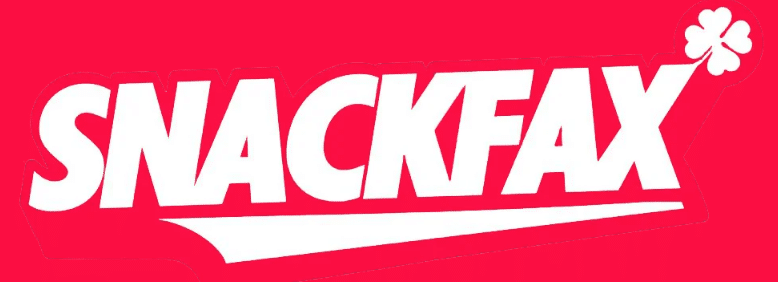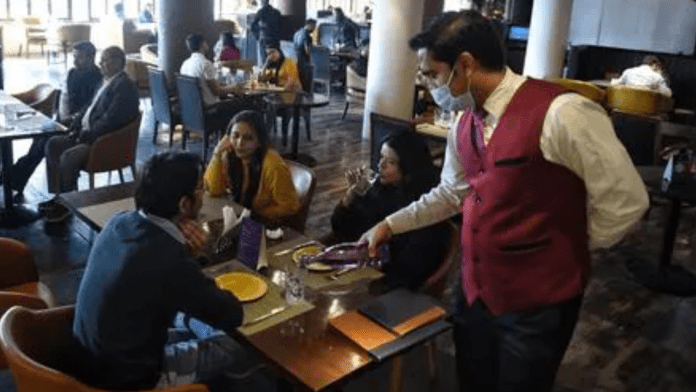According to industry executives and analysts, the sales growth rate of companies in discretionary sectors, such as quick service restaurants, alcobev, apparel, and lifestyle products, is expected to be around 15%-20% during the January-March quarter. This marks a tapering off from the higher growth rates seen in recent quarters.
Furthermore, analysts noted that the quick service restaurant (QSR) industry continues to face a challenging demand environment due to subdued consumer sentiment and lower discretionary spending. As a result, the industry’s revenue is expected to decline sequentially, following the previous quarter, which benefited from the festival season.
Anjan Chatterjee, the Managing Director of Speciality Restaurants, has reported a decrease in dine-in business of 5%-15% across the industry, while observing that the phenomenon of “revenge eating” is now losing steam. This suggests a shift away from the trend seen in recent times where consumers were eager to make up for missed dining-out experiences during the pandemic.
“Pent-up demand cannot sustain forever and people are back to normal habits. However, the loss of dine-in is ably getting compensated by deliveries. And people are still indulging in dine-in during weekends and special occasions when restaurants are running at full capacity,” said Chatterjee.
In an investor note, Elara Capital has predicted that Jubilant FoodWorks is expected to report a decline of 2.5% in same-store sales during the fourth quarter, with flat like-for-like growth. On the other hand, Westlife Development may outperform its peers, as it has not witnessed a significant drop in footfalls. However, lower demand may impact the company’s revenue.
“Cost pressures persist in the dairy space, leading to an increase in prices of raw materials. Jubilant and Westlife are expected to report average revenue growth of 19.5 percent year-on-year, but a decline of 3.5 percent quarter-on-quarter,” said the Elara report.
Although the liquor segment had exceeded its pre-Covid sales last year, it is anticipated that its growth rate may slow down. The January-March quarter is seasonally weaker for the alco-bev segment, compared to October-December. Furthermore, a route-to-market change in Delhi could also put pressure on the segment’s growth.
“We expect our coverage of alco-bev companies to record 1.9% year-on-year revenue decline as we build on a 5 percent YoY revenue decline for United Spirits post divestiture of the popular portfolio,” said a report by Nirmal Bang.
“Demand peak in discretionary categories seems to be behind us. Elevated ticket sizes and store expansion coupled with normalising footfalls aided growth,” HDFC Securities said in a report. “However, in retail, many of these variables are now mean-reverting. In Q4, we are already seeing signs of reined-in expansion plans across categories and ticket sizes are also normalising.”
Apparel companies are likely to report high growth rates, which may be attributed to a weak base in the previous year. However, the overall demand trends in the apparel sector are expected to remain broadly unchanged.
“The industry has seen an impact of rising cotton prices in small towns as consumers are more price sensitive. We had a strong sales run during the second half last year, a trend which may not continue for every quarter. There will always be volatility in sales,” said Satyen Momaya, India CEO of French apparel brand Celio.


